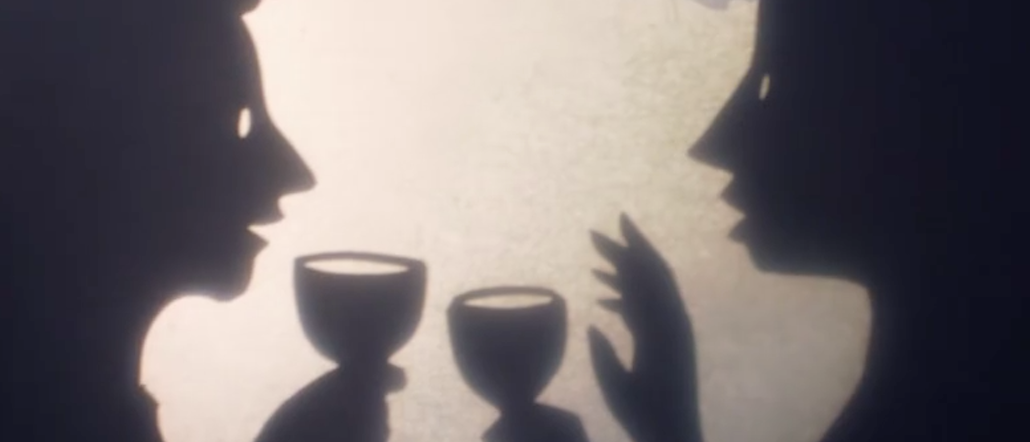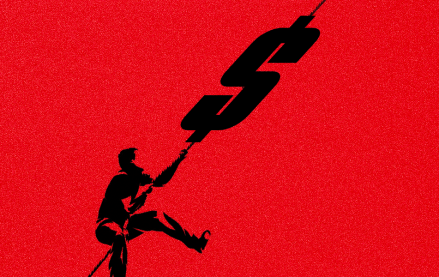How NPR marketed the second season of its hit podcast ‘Invisibilia’

Outside of “Serial,” most podcasts have a marketing problem. NPR tried to solve that for the second season of its hit podcast “Invisibilia” with a marketing blitz that ranged from offline activities to tactics that goosed social sharing.
“Invisibilia,” a popular show that uses human stories to explore mysteries of the brain, got 50 million downloads in its first season last year. The podcast kicked off its second season last month. With just seven episodes, which ran through last week, NPR didn’t have much time to reacquaint its audience with the program.
“‘Invisibilia’ is kind of like our ‘Game of Thrones’,” said Mathilde Piard, programming operations and project manager at NPR. “The challenge is, we only have seven episodes, so we have to come out of the gate full speed.”
To drum up excitement for the second season, NPR threw 200-plus listening parties in 32 states and three countries. Hosted by NPR member stations and fans, the parties are like book clubs but for radio. NPR provided a listening party kit, with suggested discussion questions and tips for hosting a good party (provide pillows and blankets and light snacks).
NPR typically has a launch party for a new product, but it wanted to do something bigger, so it launched a variety show-style video on Facebook Live, featuring the hosts previewing season two and an animation that brought one of the episodes to life.
Sharing on social media is hard to do with podcasts. So NPR created different types of content from the episodes that could be shared on social media and on NPR.org, from artwork and videos to short, text-based articles. One of the videos has gotten more than 700,000 views on Facebook, making it one of NPR’s most popular this year.
It’s hard to have a direct relationship with podcast listeners, so NPR created a newsletter to promote the podcast. It ran for four weeks leading up to the season launch and during the season itself and alerted people to bonus content on NPR’s app, NPR One; and pointed them to coloring pages that were created for each episode and meant for doodling during listening. (The newsletter got 8,000 subscribers, which isn’t huge, but with a 57 percent unique open rate, high compared to the industry average of 22 percent for media/publishing newsletters, per MailChimp.)
So far, “Invisibilia” has reached 10 million downloads, which is tracking below last season, which ultimately tallied 50 million downloads. (Direct comparisons on download figures are difficult, according to Piard, because NPR changed how it counts them to take out duplicates.)
“The stakes were high and we wanted to make sure people listened, but we also wanted to make sure ‘Invisibilia’ wasn’t just a black hole in terms of time and resources,” Piard said.
Image: NPR via Facebook.
More in Media

Walmart rolls out a self-serve, supplier-driven insights connector
The retail giant paired its insights unit Luminate with Walmart Connect to help suppliers optimize for customer consumption, just in time for the holidays, explained the company’s CRO Seth Dallaire.

Research Briefing: BuzzFeed pivots business to AI media and tech as publishers increase use of AI
In this week’s Digiday+ Research Briefing, we examine BuzzFeed’s plans to pivot the business to an AI-driven tech and media company, how marketers’ use of X and ad spending has dropped dramatically, and how agency executives are fed up with Meta’s ad platform bugs and overcharges, as seen in recent data from Digiday+ Research.

Media Briefing: Q1 is done and publishers’ ad revenue is doing ‘fine’
Despite the hope that 2024 would be a turning point for publishers’ advertising businesses, the first quarter of the year proved to be a mixed bag, according to three publishers.





